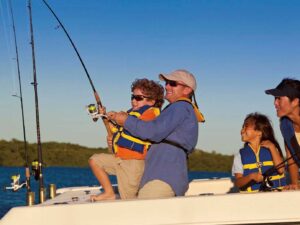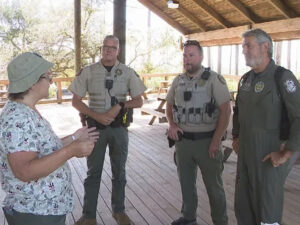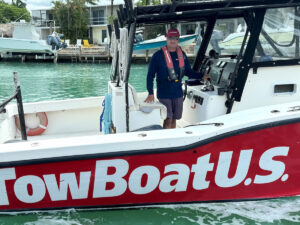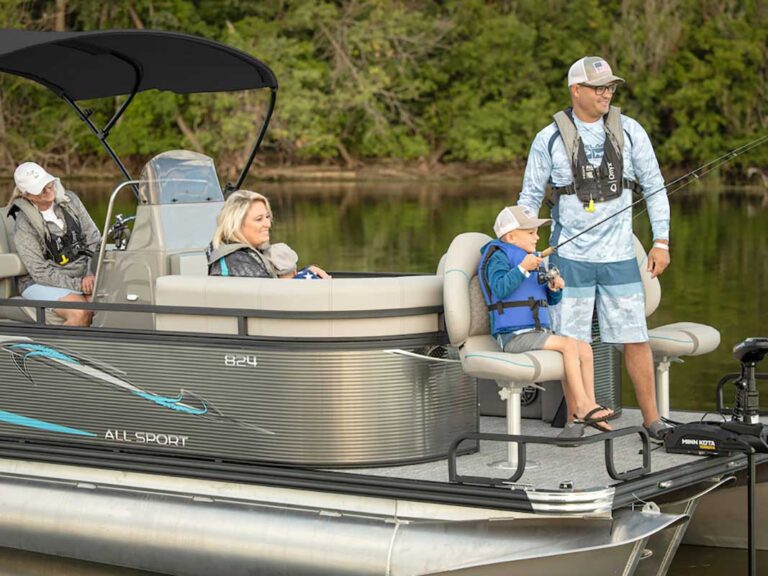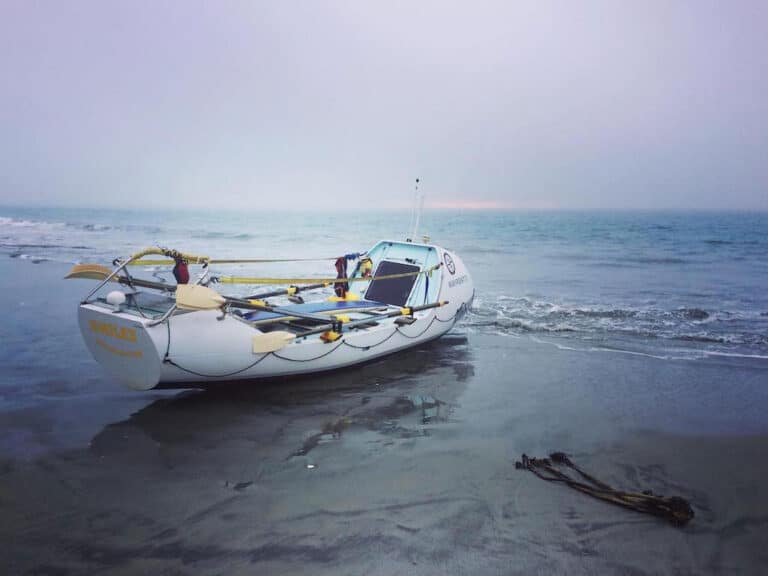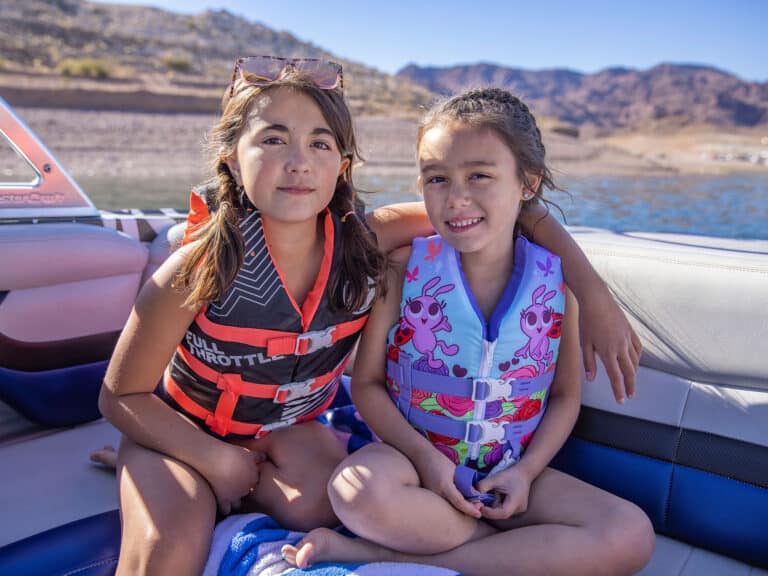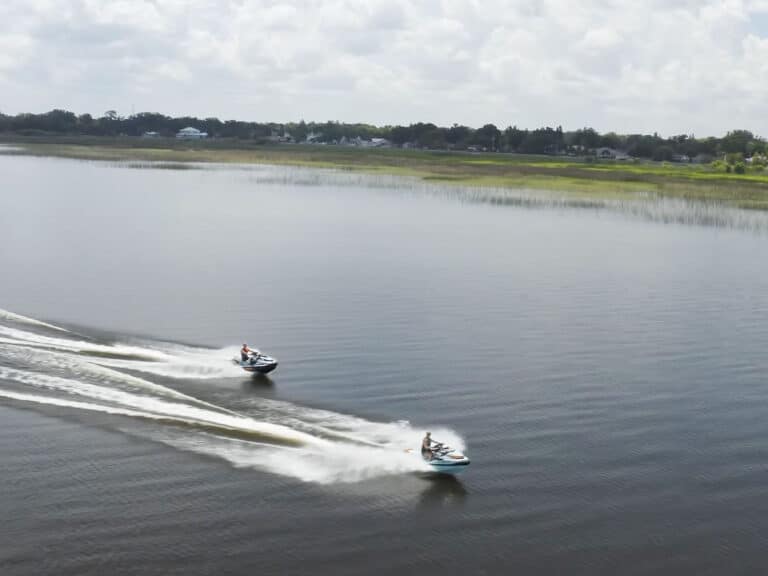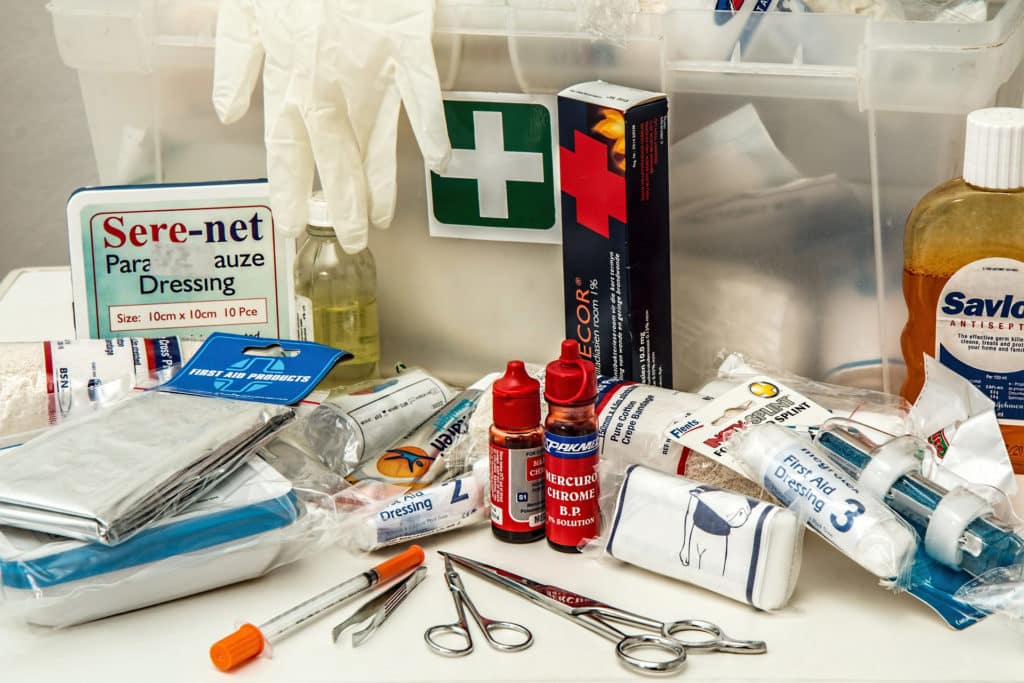
Injuries on the water come in many forms and degrees of severity – from an embedded fishhook to broken bones. Since medical attention is seldom close by, make sure you have a marine First Aid Kit that is well-stocked, up-to-date, and at the ready.
Tips for Building Your Own First-Aid Kit
Putting together your own marine First Aid Kit is easy enough to do. Start by stocking up on many of the same items you’d keep in your medicine cabinet at home, then take into account the added hazards of sun, wind, water, and water-related activity.
Consider any special needs, such as prescription medications that you or your passengers may require, and be sure to take extra to avoid getting caught short if your return is delayed. Once your kit is assembled, remember to check it each year at the start of boating season and replace any over-the-counter first-aid medications that are past their expiration date.
First-Aid Kit Basics
• Stomach remedies to prevent or treat motion sickness, indigestion, diarrhea, or heartburn
• Antihistamine, for allergic reactions
• Sunblock, SPF 15 or greater
• Insect repellant
• Anti-itch lotion or cream for treating insect bites, sunburn, and other minor skin irritations
• Pain/fever reducers, such as aspirin, acetaminophen, ibuprofen, ketoprofen or naproxen
• Adhesive bandages in assorted sizes
• Butterfly bandages and narrow adhesive strips, for gaping cuts
• Individually wrapped, sterile gauze pads (2″ and 4″) to control bleeding
• Hypoallergenic adhesive tape to hold a dressing or splint in place
• Roll of absorbent cotton, as padding for a splint
• Sterile roller bandages (2″ and 3″), at least 3 rolls, to support sprained muscles
• Cotton-tipped swabs
• Eye drops
• Thermometer
• Syrup of Ipecac – if instructed by medical personnel to induce vomiting
• Antiseptic ointment, spray, or towelettes for cleansing wounds
• Antibiotic ointment to prevent infection of minor wounds
• Bottled water to rinse wounds
• Clean towels (small and large), to control bleeding or as a wrap for ice
• Chemical ice packs
• Emergency phone numbers: doctor, pharmacy, poison control, etc.
• First Aid handbook
Prepackaged First-Aid Kits
Prepackaged First-Aid Kits sold in drug stores, marine supply stores, or through online retailers are also a good choice and often come with convenient features, such as color-coding to match the nature of the injury. Just be sure to choose one that is appropriate to the distance you plan to travel away from populated areas, and how quickly medical help is likely to arrive in the event of an emergency.
For personal watercraft, for example, a small kit for treating minor cuts and scrapes is probably adequate. For boating farther from shore, a more elaborate kit may be needed to render immediate first aid until medical help arrives. You’ll probably want to throw in an Emergency Position Indicating Radio Beacon (EPIRB) as well, so that help can locate your boat as quickly as possible.
Having a proper First-Aid Kit on board can help you render immediate emergency care, and sometimes even save a life. It’s one of the safety-related items that Coast Guard Auxiliary and United States Power Squadrons® vessel examiners discuss when conducting an annual Vessel Safety Check (VSC) on recreational boats.
You might also consider enrolling in a first-aid training course provided by the American Red Cross or community health associations in your area. Quick action may be required for such life threatening emergencies as heart attack, stroke, or seizures, as well as for more serious sprains, burns, puncture wounds, cuts and internal injuries. It pays to know how to proceed.
Regardless of the supplies you have or your level of first-aid training, if you find yourself in a true medical emergency, seek help immediately. Make sure you know how to summon emergency medical assistance by marine band radio, not just a cell phone. Prepare an emergency contact list before leaving home.
* * * * *
The U.S. Coast Guard is asking all boat owners and operators to help reduce fatalities, injuries, property damage, and associated healthcare costs related to recreational boating accidents by taking personal responsibility for their own safety and the safety of their passengers. Essential steps include: wearing a life jacket at all times and requiring passengers to do the same; never boating under the influence (BUI); successfully completing a boating safety course; and getting a Vessel Safety Check (VSC) annually from local U.S. Coast Guard Auxiliary, United States Power Squadrons(r), or your state boating agency’s Vessel Examiners. The U.S. Coast Guard reminds all boaters to “Boat Responsibly!” For more tips on boating safety, visit www.uscgboating.org.

